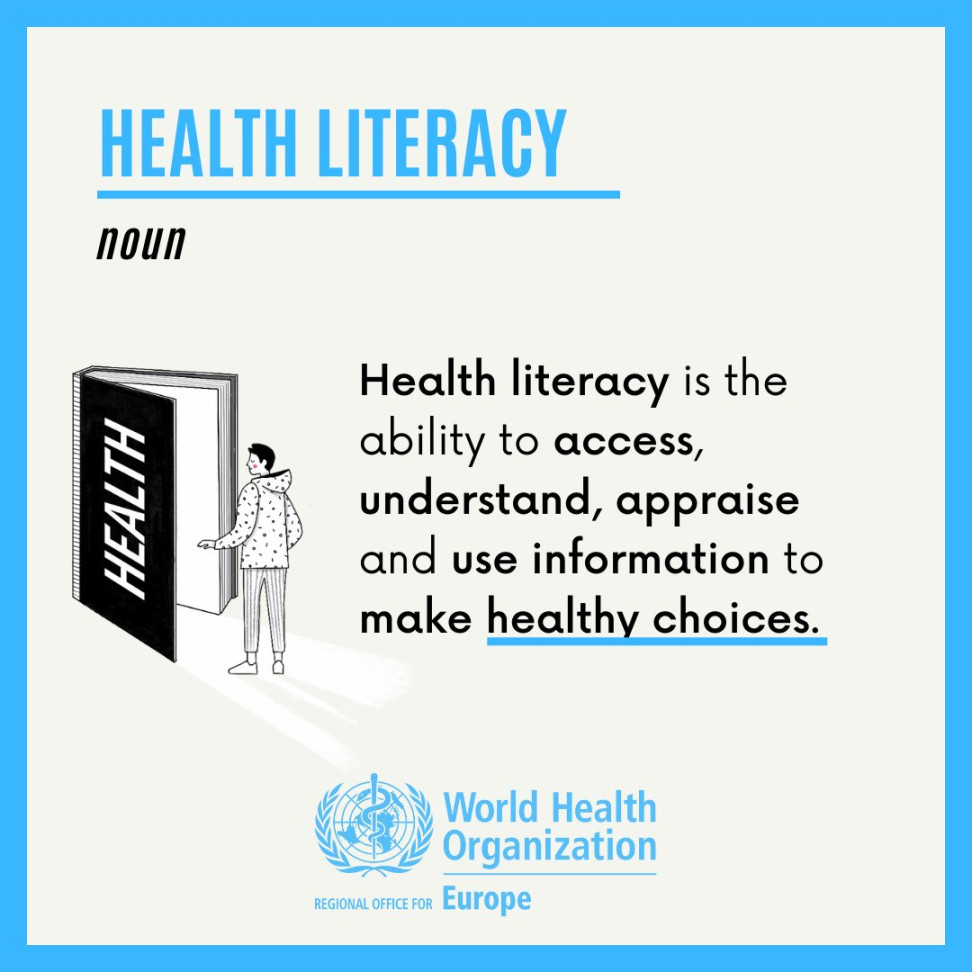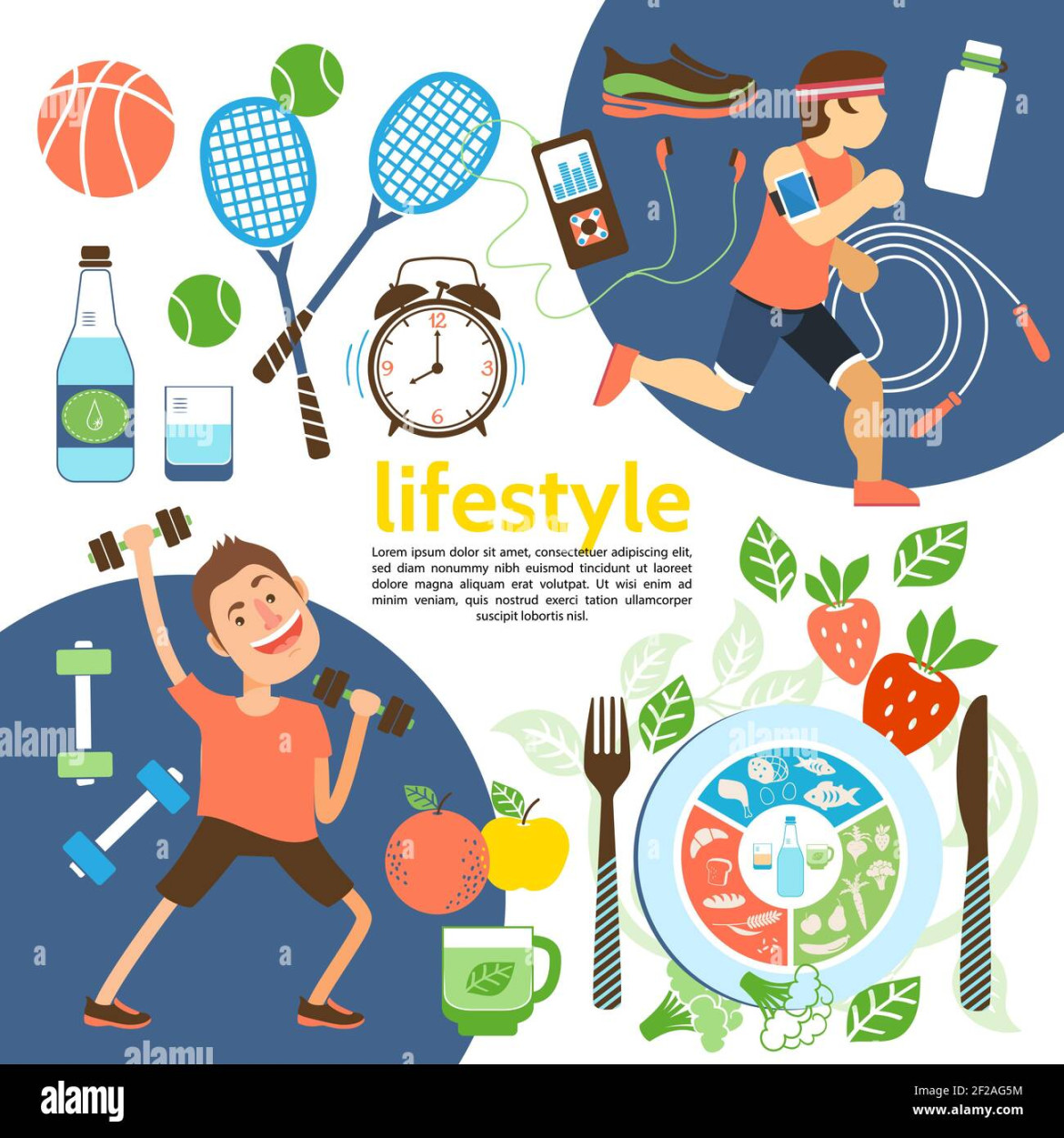Understanding the Basics
Let’s start with the basics. What does “health literacy” even mean? Think of it as your ability to understand and use health information to make good decisions about your health. It’s like having a secret decoder ring for the world of medicine.
Why Does it Matter?

Health literacy is a big deal. It’s like having a superpower that helps you navigate the complex world of healthcare. When you’re health literate, you can:
Make informed decisions: You can understand medical jargon, follow treatment plans, and ask the right questions.
The Challenges of Health Literacy
Unfortunately, not everyone has the same level of health literacy. Some people may struggle with:
Reading and writing: Difficulty understanding medical information.
How to Boost Your Health Literacy
Don’t worry if you’re feeling a bit lost in the world of health information. There are many things you can do to boost your health literacy. Here are a few tips:
Ask questions: Don’t be afraid to ask your healthcare provider questions about your health.
The Power of Health Literacy
When you’re health literate, you’re not just a patient; you’re a partner in your healthcare. You have the power to make informed decisions, take control of your health, and live a healthier, happier life. So, let’s unlock the power of health literacy and embark on a journey of well-being together.
Health literacy – it’s a term you might’ve heard thrown around lately, but what does it really mean? In the simplest terms, it’s about understanding health information and making informed decisions. And where better to start this journey than in your own kitchen?
Cooking is a fundamental life skill, and it’s also a fantastic way to improve your health literacy. From reading food labels to following recipes, every step of the cooking process can enhance your understanding of nutrition and healthy eating.
Let’s dive into the world of cooking and health literacy:
Decoding Food Labels: A Culinary Detective
Food labels are like tiny treasure maps, filled with clues about the nutritional content of the products we buy. But deciphering them can sometimes feel like solving a puzzle. That’s where health literacy comes in.
Understanding Serving Sizes: Have you ever looked at a food label and wondered, “How big is a serving, anyway?” Understanding serving sizes is crucial for accurate portion control.
By learning to read food labels, you can make informed choices about the foods you bring into your home and serve to your family.
Following Recipes: A Culinary Adventure
Cooking from scratch is a rewarding experience, and it’s also a great way to practice your health literacy skills. Following recipes requires you to understand measurements, cooking techniques, and ingredient substitutions.
Measuring Up: Accurately measuring ingredients is essential for achieving the desired results. Familiarize yourself with common measurements like cups, tablespoons, and teaspoons.
As you follow recipes and experiment with different ingredients, you’ll develop a deeper understanding of how food is prepared and the factors that influence its nutritional value.
Creating Healthy Meals: A Culinary Artist
Once you’ve mastered the basics of reading food labels and following recipes, you can start creating your own healthy meals. This is where your health literacy skills really shine.
Balancing Nutrients: Aim to include a variety of foods from all food groups in your meals. This will ensure you’re getting a balanced intake of carbohydrates, protein, fats, vitamins, and minerals.
By creating healthy meals that you enjoy, you’re not only nourishing your body but also nurturing your mind and soul.
Cooking is more than just a way to satisfy your hunger; it’s an opportunity to improve your health literacy and make informed choices about the foods you eat. By understanding food labels, following recipes, and creating healthy meals, you can embark on a culinary adventure that benefits your body, mind, and spirit.
 Udento Lifestyle & Health
Udento Lifestyle & Health




